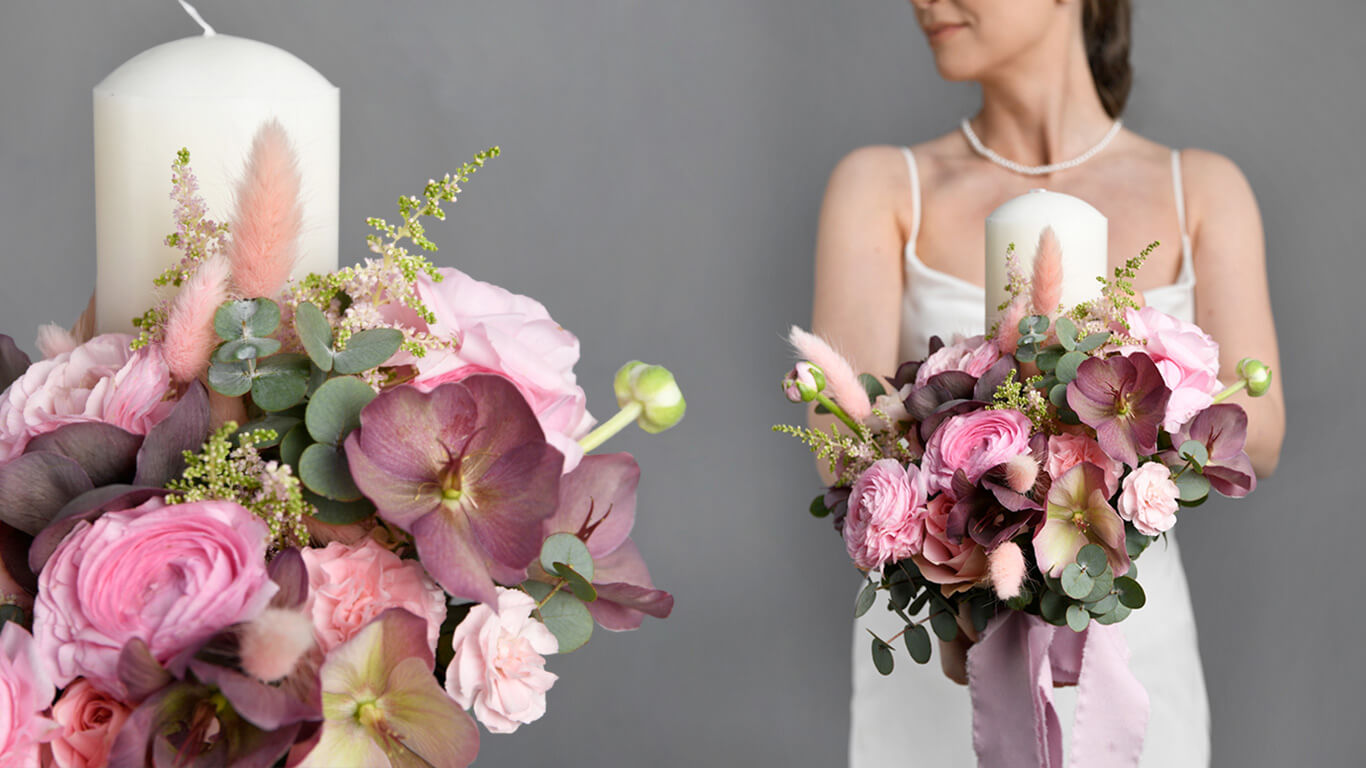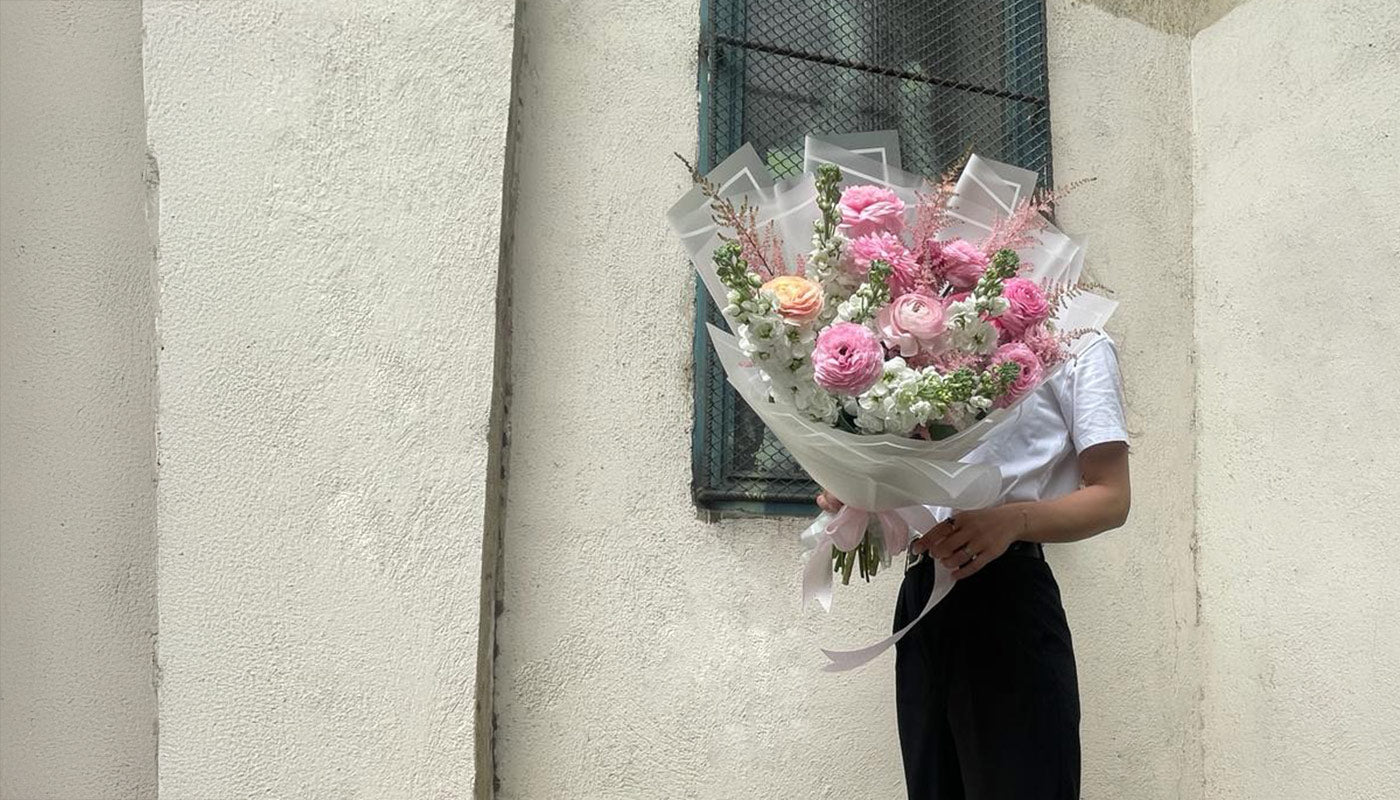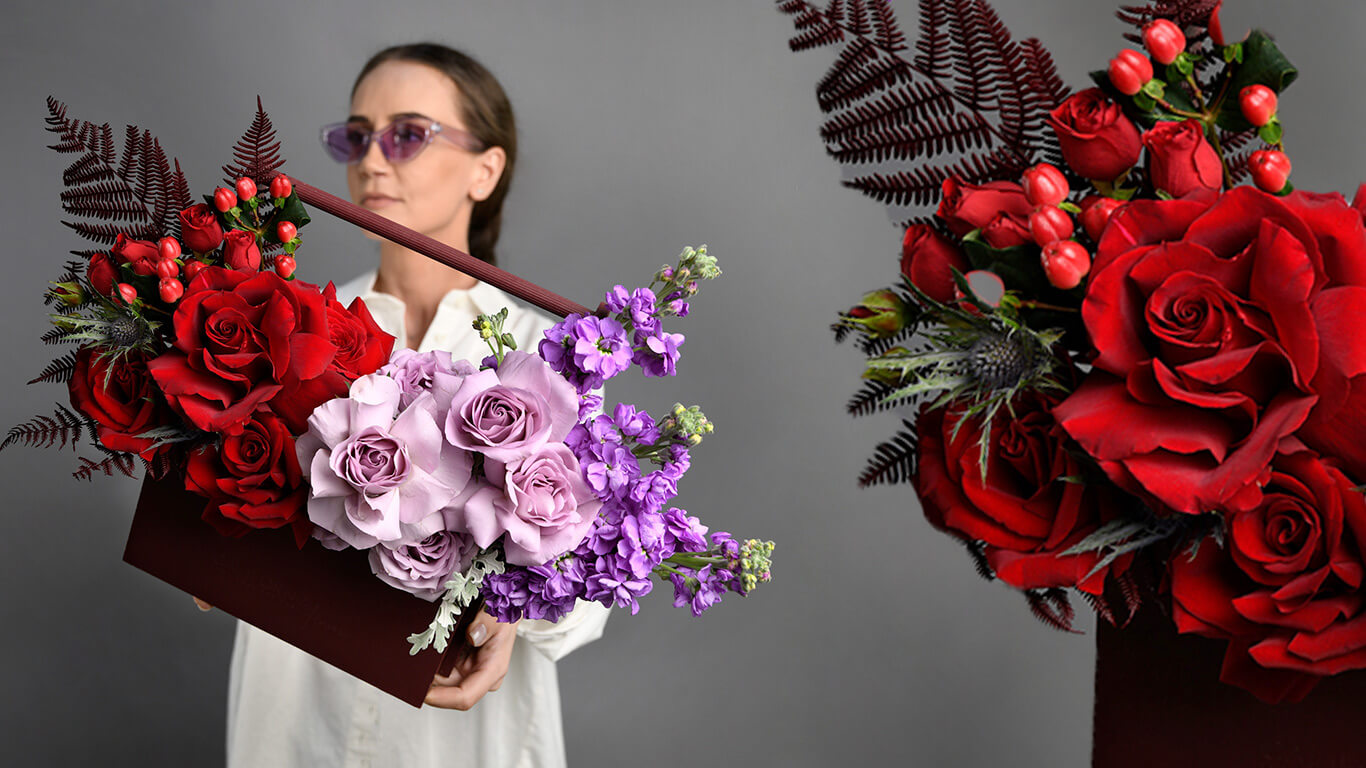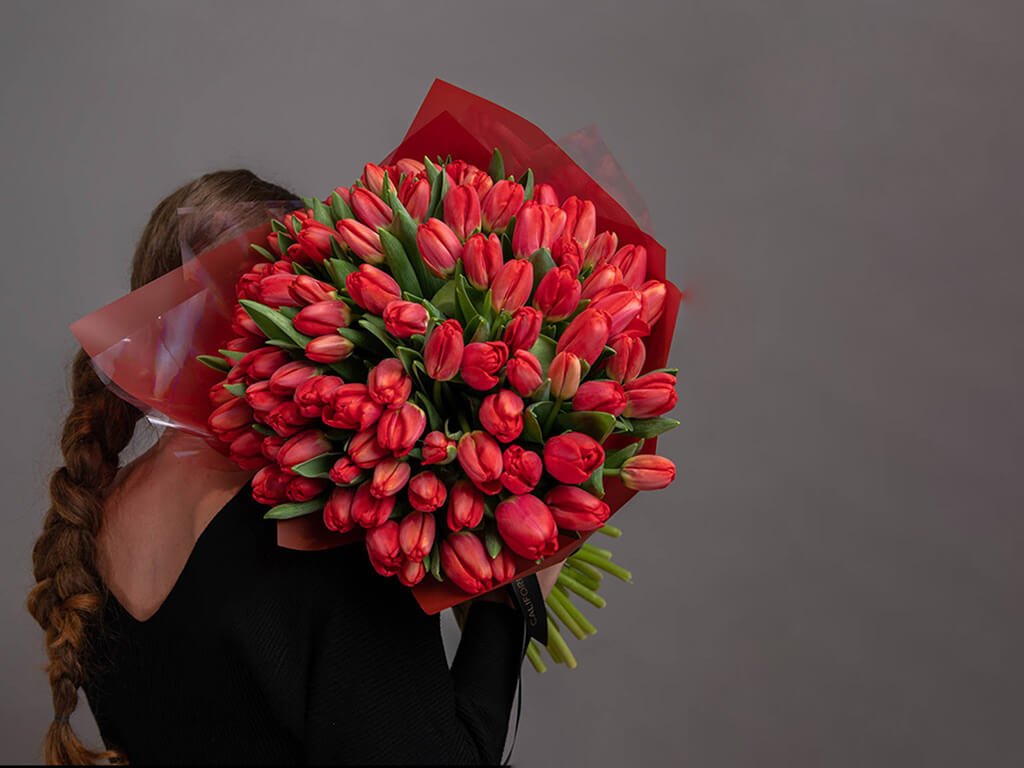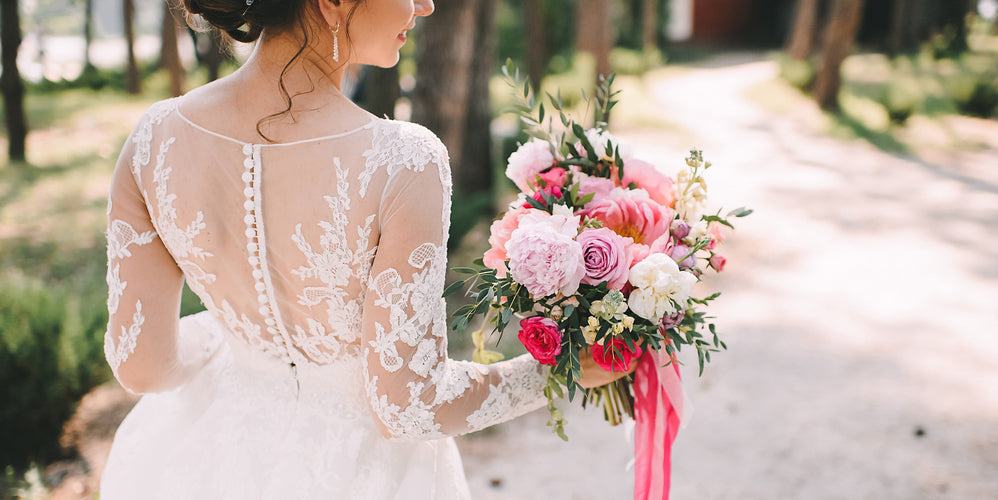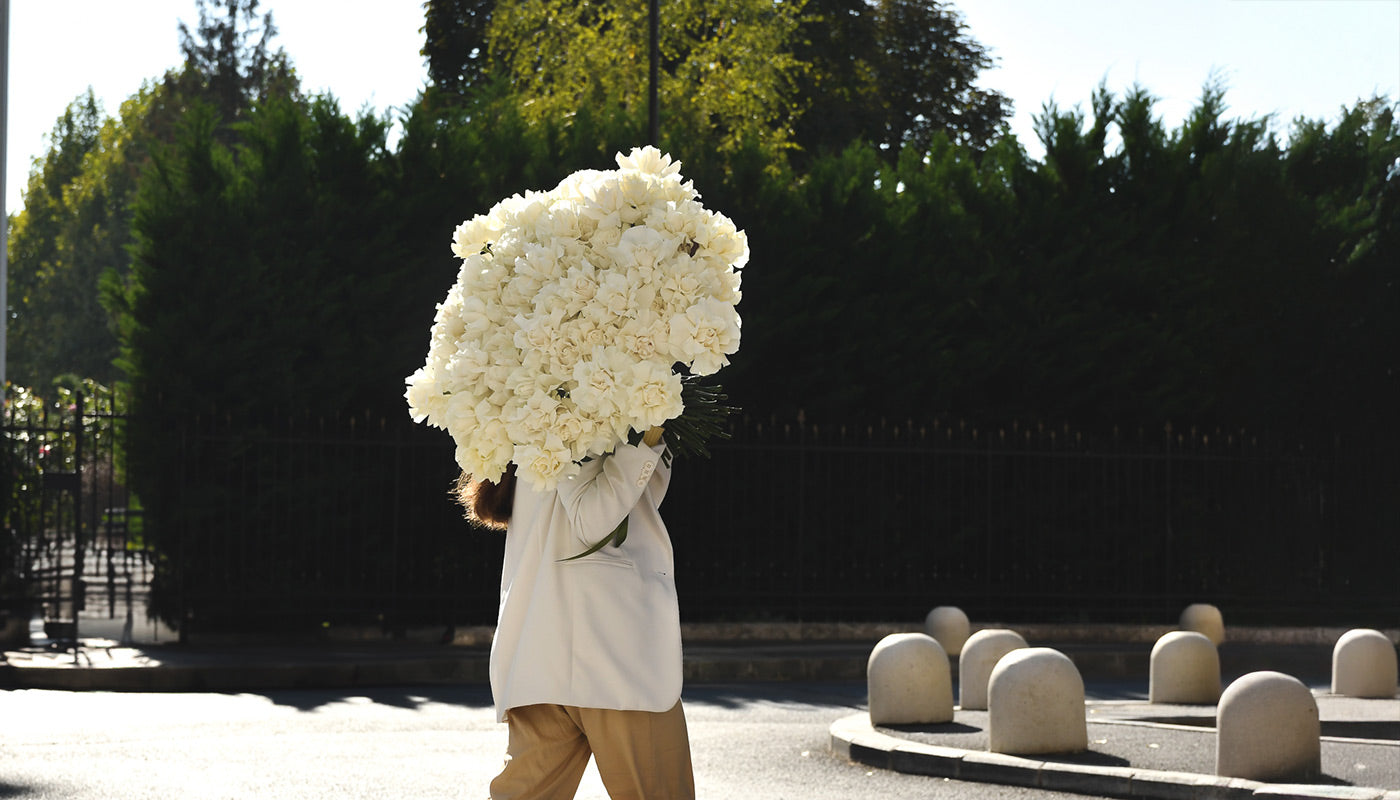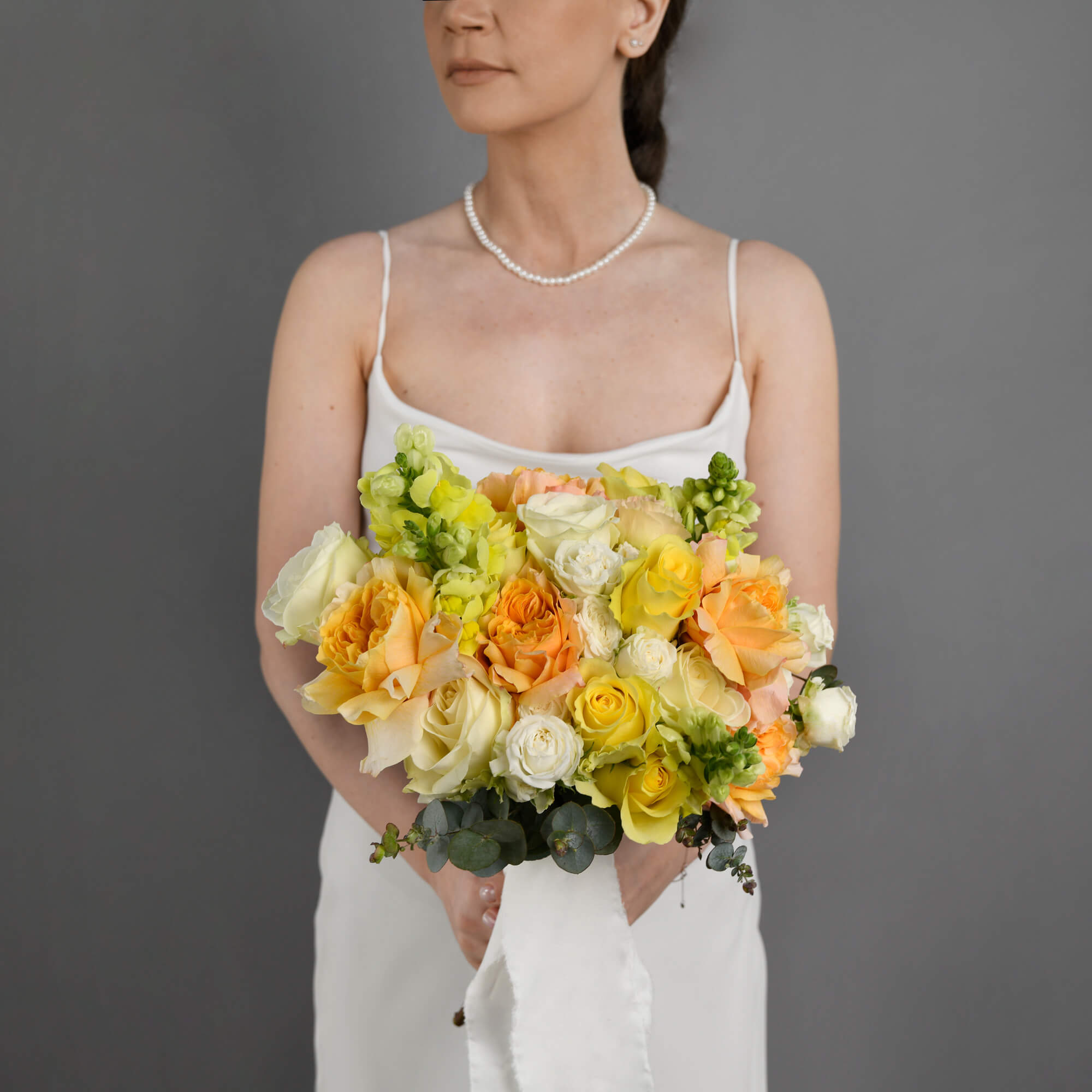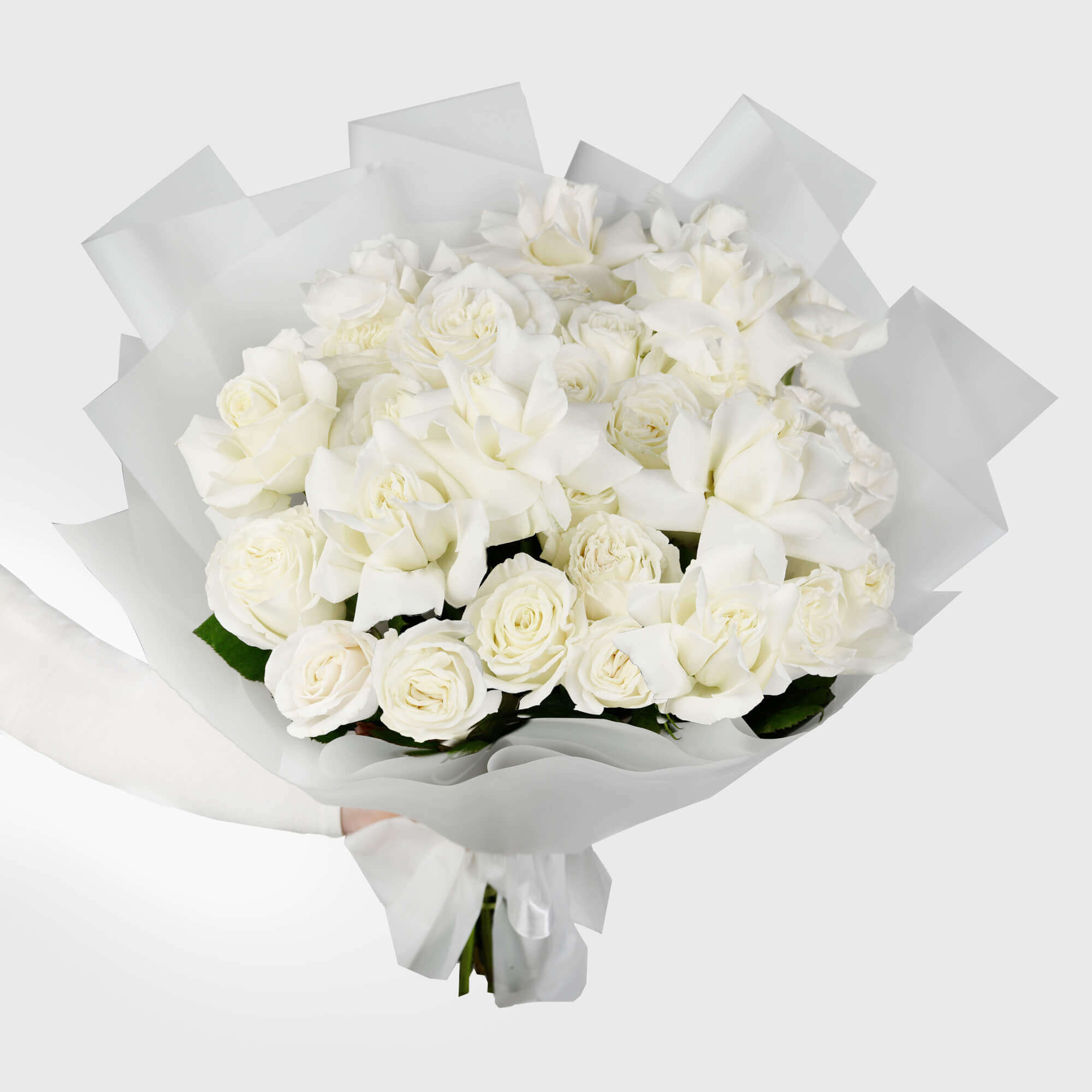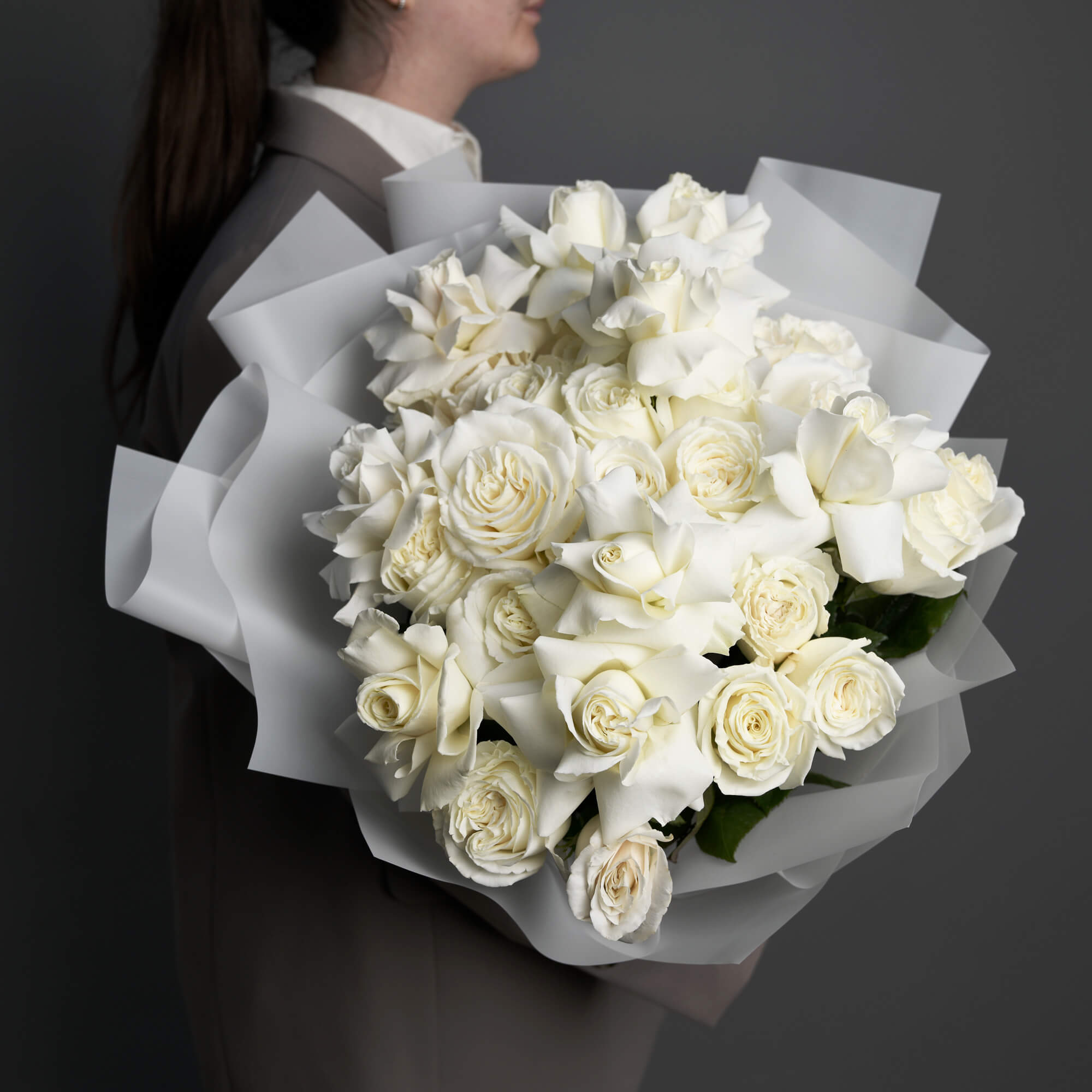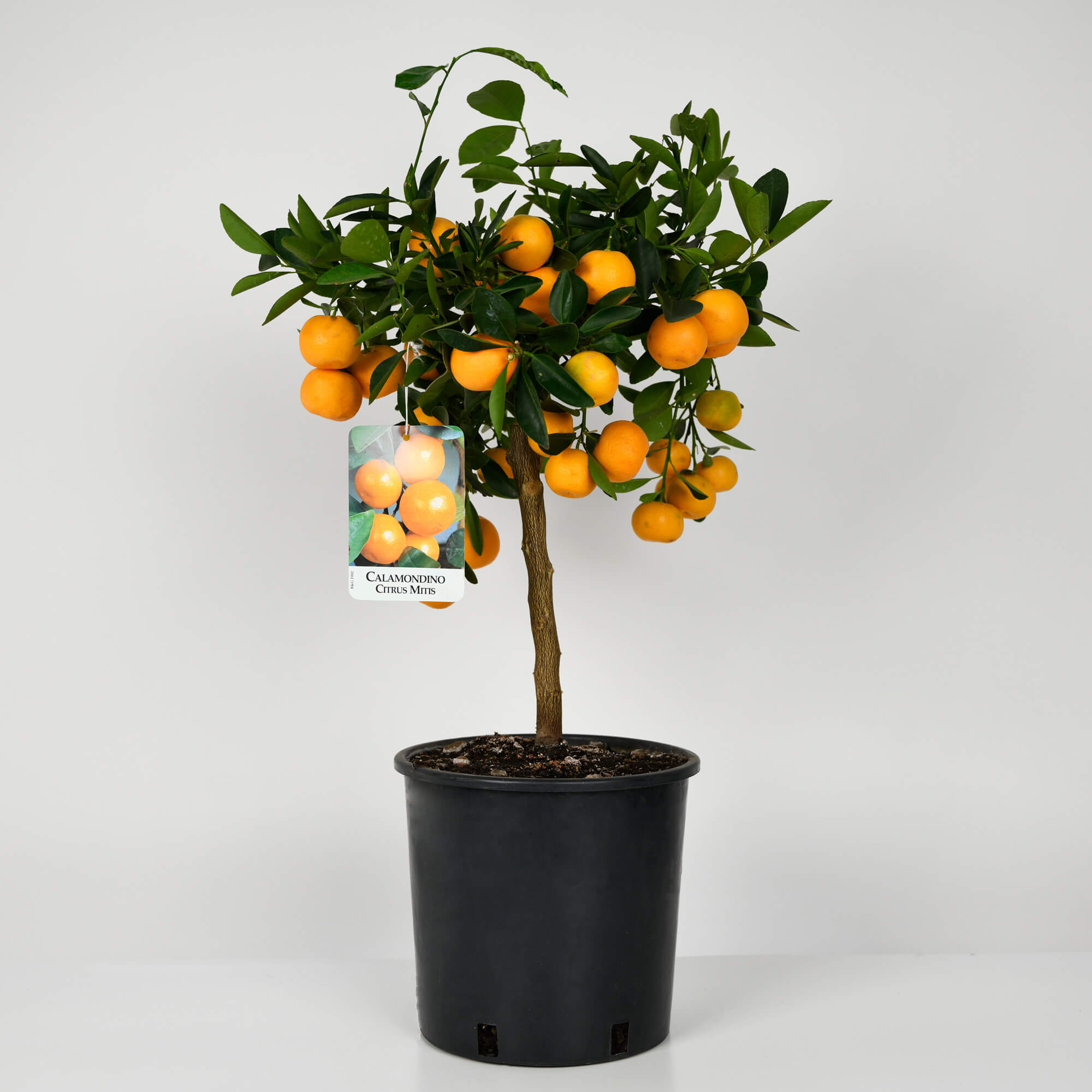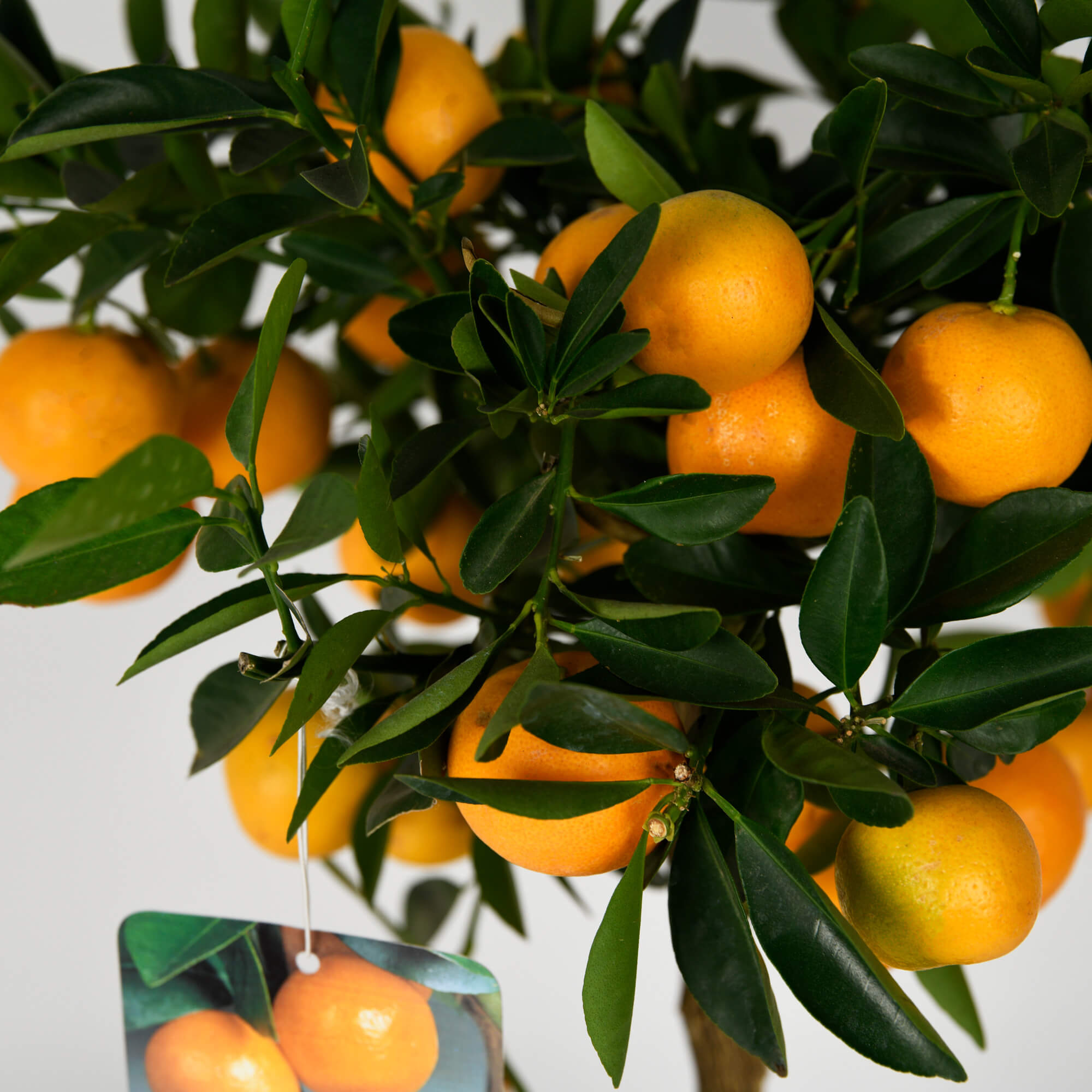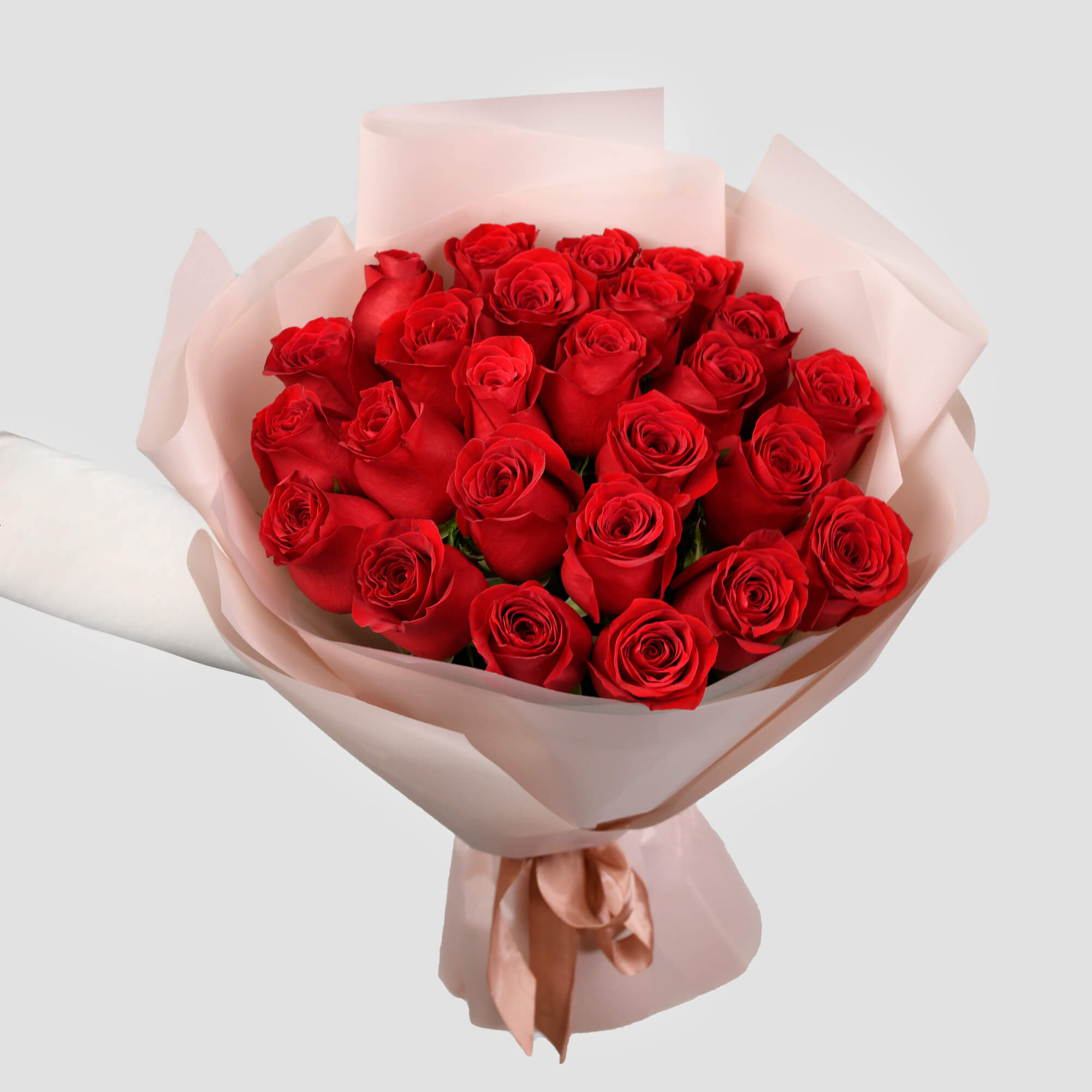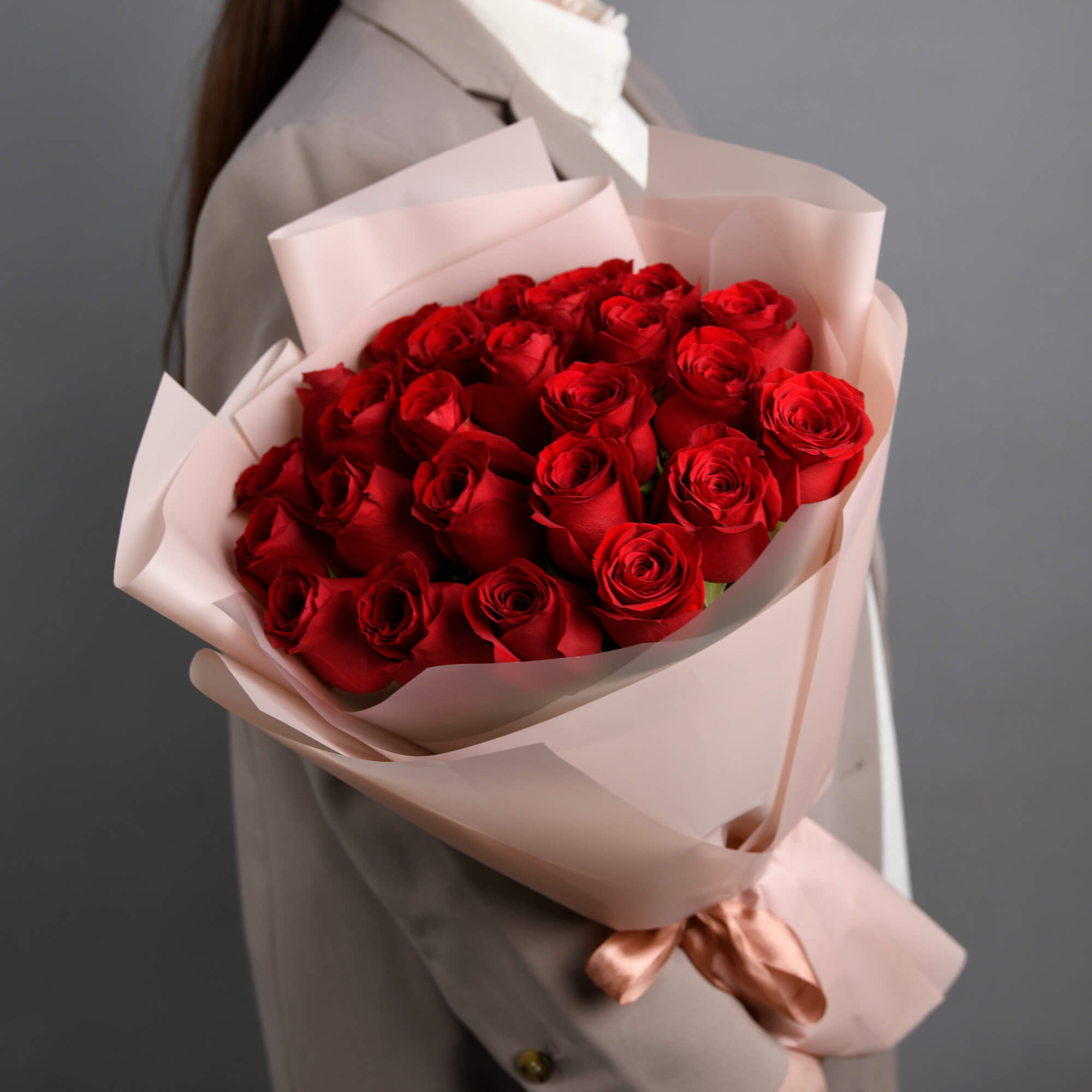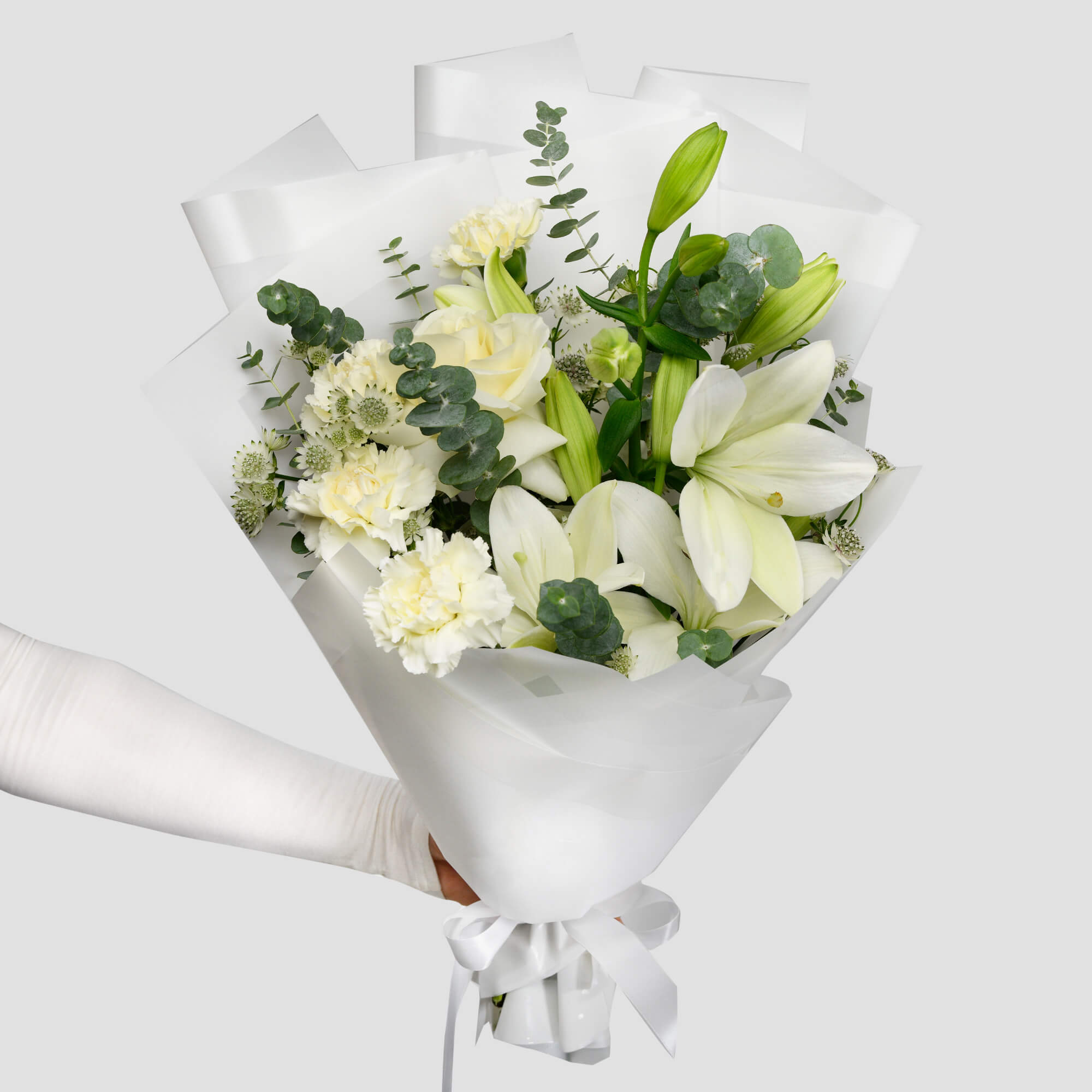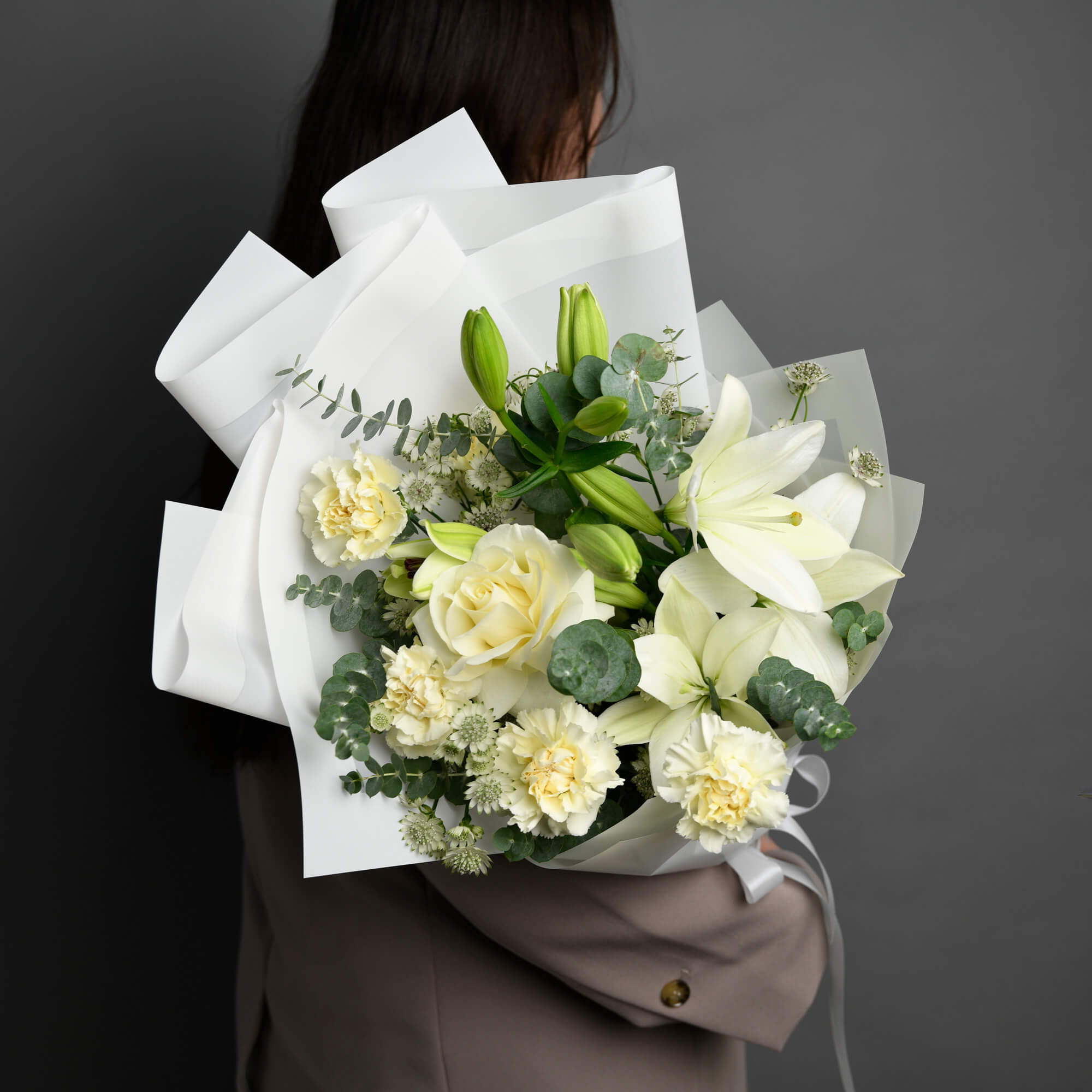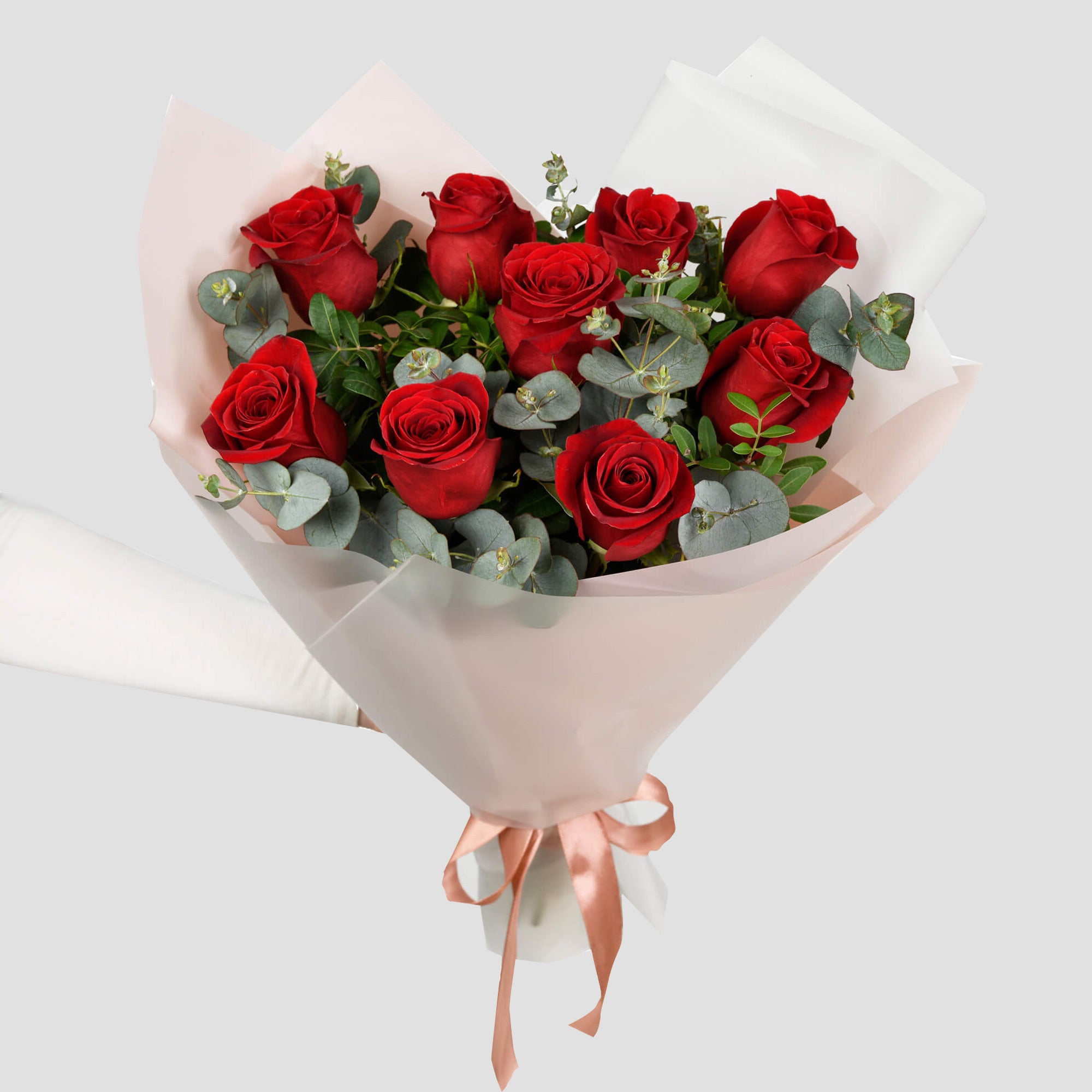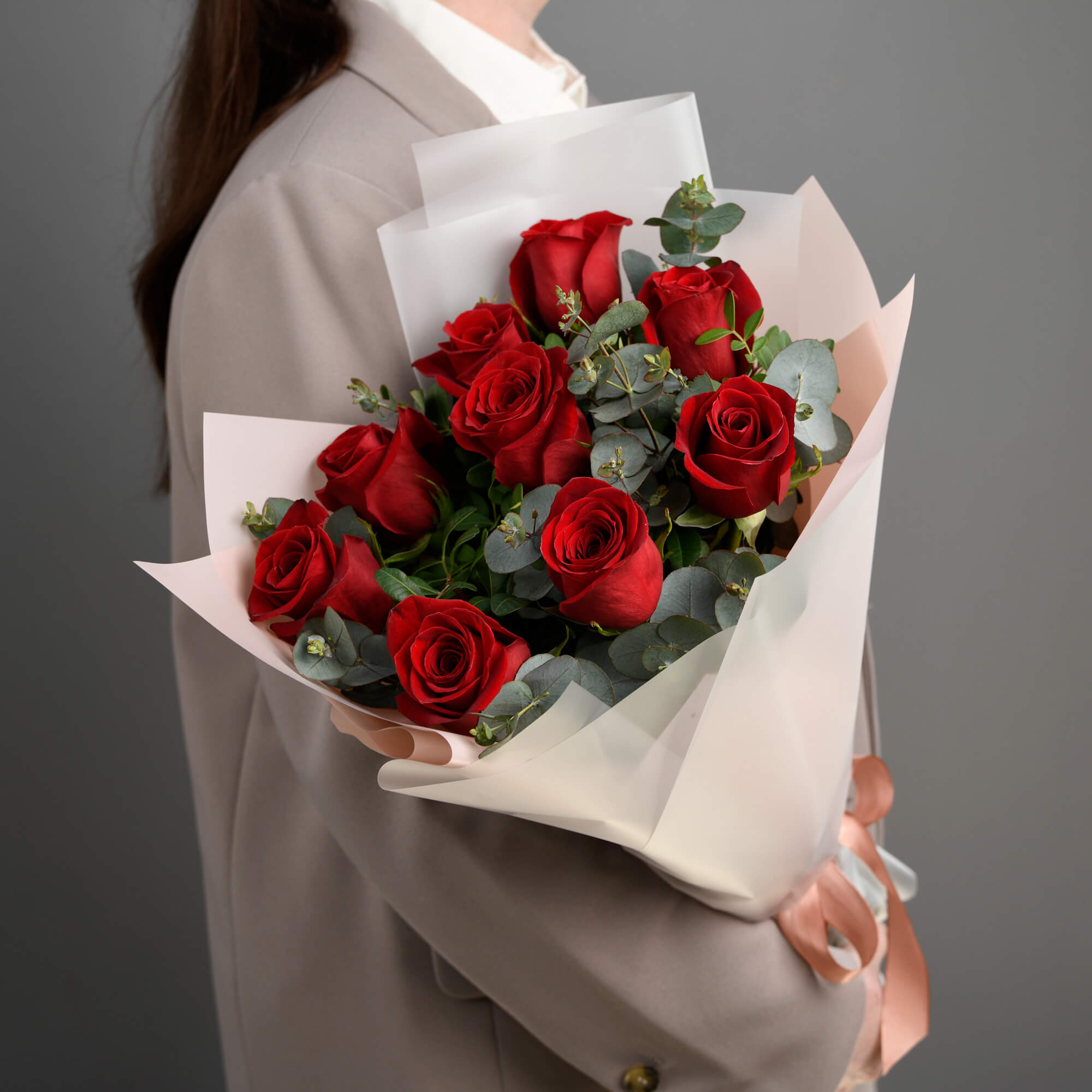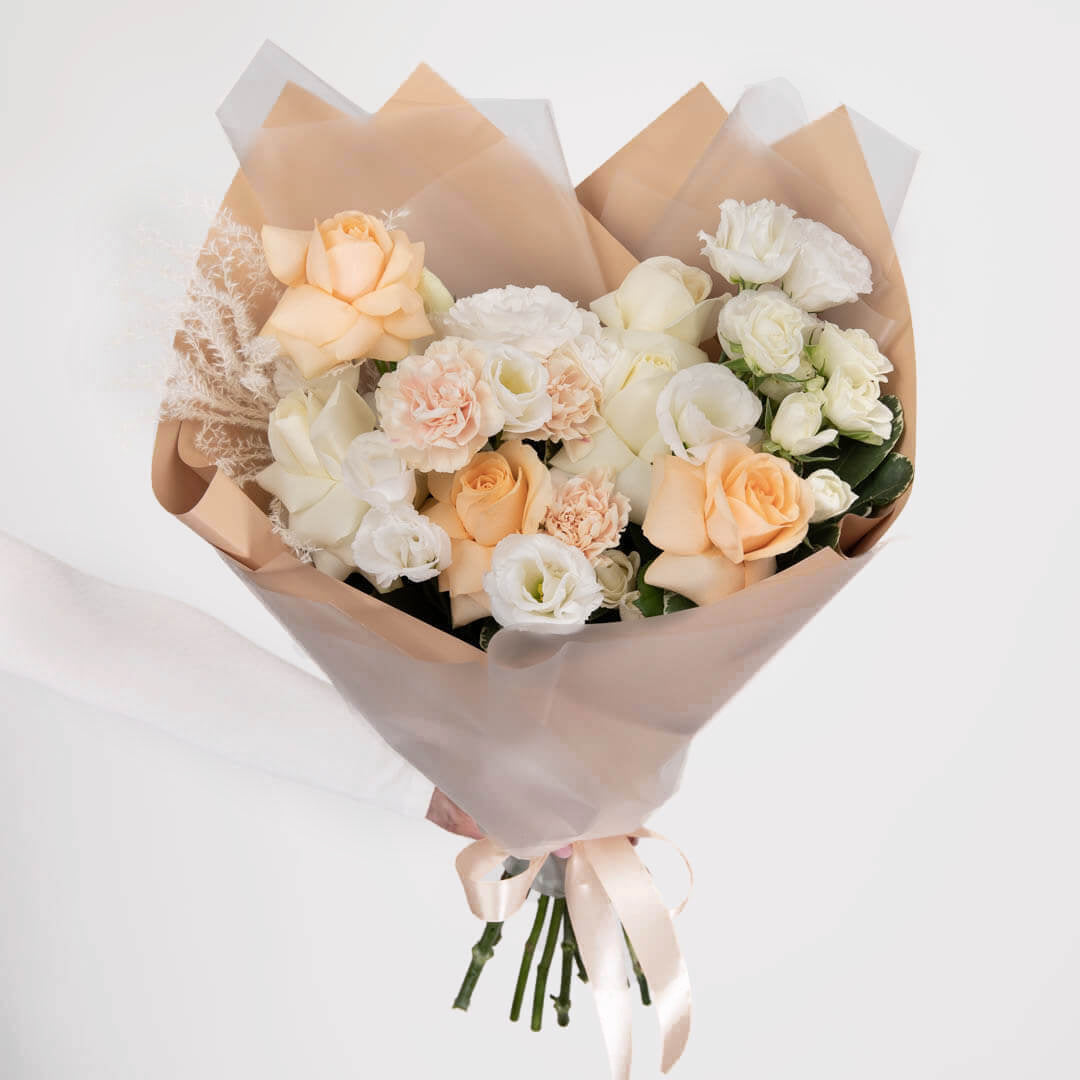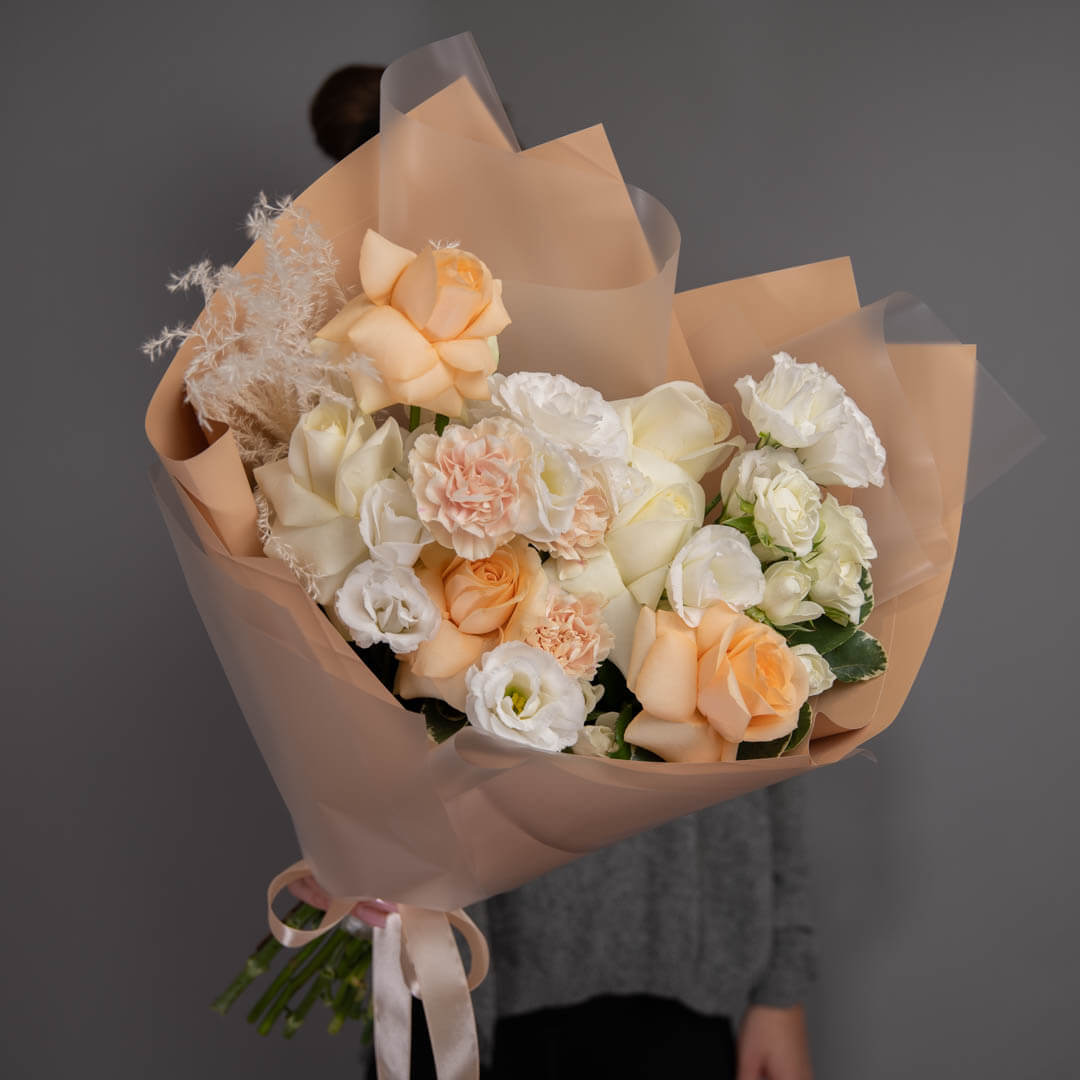Dragobete, the Romanian holiday of love - traditions, meaning and ways of celebration

Photo source: Shutterstock.com
Dragobete, known as the Romanian holiday of love, is more than just a day on the calendar – it is an occasion to celebrate love, nature and ancient traditions. Marked on February 24, Dragobete symbolizes the beginning of spring and the rebirth of nature, being associated with joy and soul ties. This special day offers the perfect opportunity to express your affection for your loved ones, either through symbolic gestures or by observing authentic Romanian customs. Dragobete is an open invitation to honor love and keep this beautiful tradition alive. Discover how Romanians celebrate Dragobete and get inspired to mark this day in a unique and memorable way!
When is Dragobete?
On February 24, Romania celebrates Dragobete, the traditional holiday of love. It is the local equivalent of Valentine's Day, but with authentic Romanian customs. In popular tradition, this day marks the beginning of spring and the rebirth of nature. Dragobete is not just a date on the calendar, but a mythological character – a handsome and lively young man, the son of Baba Dochia, who symbolizes youth, joy and love.
The origin of the name "Dragobete" is shrouded in mystery. Some sources claim that it comes from the Slavonic terms "dragu" (dear) and "beti" (to be), meaning "to be dear". Others link it to a Christian holiday or attribute Dacian roots to it. Regardless of the origin, the name itself evokes the love and beauty of this Romanian tradition.
The story of Dragobete - a love legend
Did you know that Dragobete was born from a love story between Dochia and the Mountain Spirit? At his birth, four fairies gifted him with magical powers: Spring gave him love, Summer - the sweetness of fruits and the warmth of love, Autumn - an enchanted whistle, and Winter - a coat as white as snow.
With these gifts, Dragobete became irresistible to any girl. It is said that after he fulfilled his mission, his mother transformed him into a flower called Navalnic, which blooms every spring, bringing with it the promise of love.

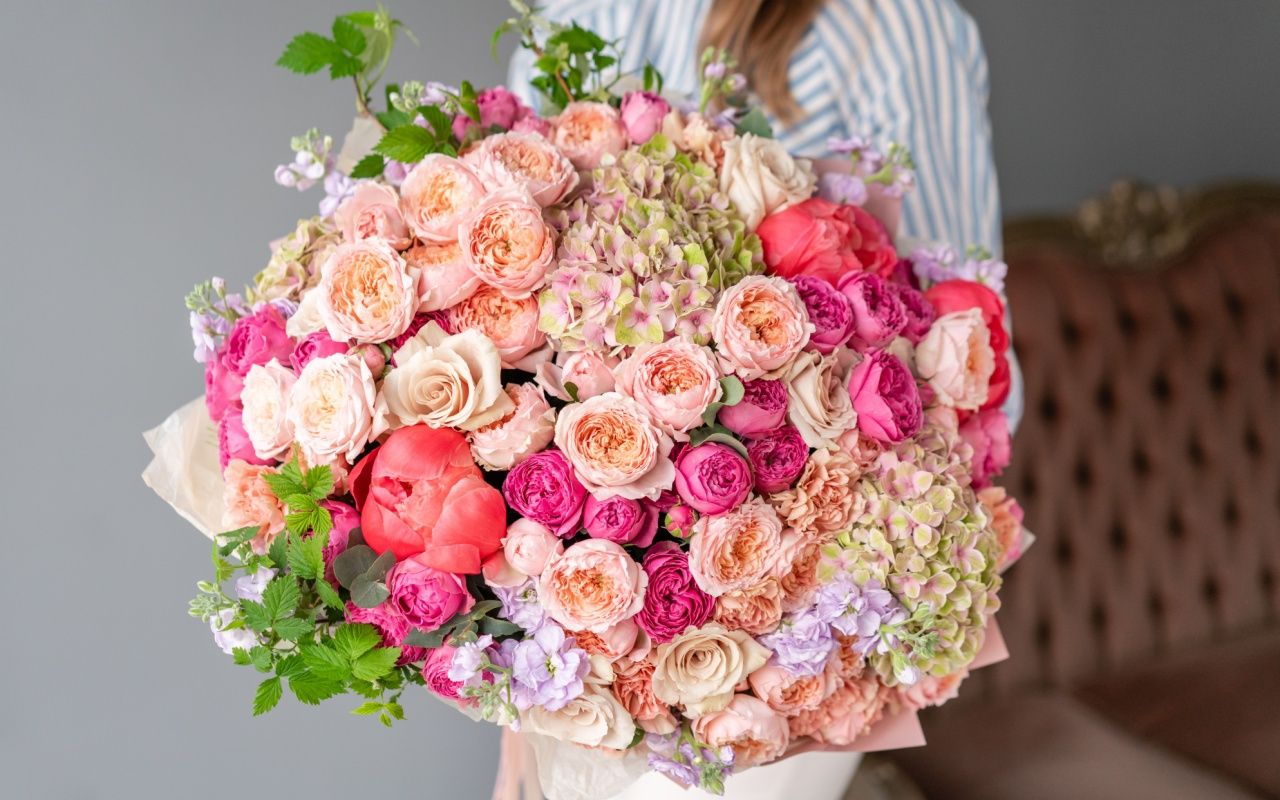
Photo source: Shutterstock.com
How Romanians celebrate Dragobete - traditions from the past and present
In the past, Dragobete was celebrated in Romanian villages through specific rituals, which reflected popular beliefs about love and fertility. In the morning, young men, dressed in festive clothes, would meet and go to the forest or fields to pick snowdrops and other spring flowers. These flowers were offered to girls as a symbol of affection and respect.
Another significant custom was "flying". Young men would run on the hills, and boys would chase after the girls they liked. If the boy managed to catch the girl of his heart, their kiss symbolized the beginning of a relationship or even an engagement. This is where the expression "Dragobete kisses girls" comes from.
It was also considered a sign of good luck to spend this day with your loved one. It was said that those who did not observe the holiday risked not having love that year.
The lovebirds of our days
Today, Dragobete is celebrated both in rural areas, where traditional customs are still respected, and in cities, where old elements are combined with modern influences. Couples dedicate this day to each other, offering flowers, symbolic gifts or love letters. Snowdrops, a symbol of rebirth, are often preferred as gifts.
Cultural events dedicated to Dragobete have become increasingly popular. In cities, traditional fairs, folk music performances, and exhibitions are organized to celebrate this holiday. At the same time, many couples choose to mark the day with simple activities, such as romantic dinners or nature walks.
Dragobete has also become a perfect occasion to give special gifts to loved ones, such as bouquets of flowers or symbolic gifts, such as jewelry and books. Dragobete flowers usually include red roses that symbolize passion, but hyacinths, white freesias or other spring flowers can also be added. Some prefer to organize romantic dinners, one-day nature getaways or activities that mark the uniqueness of their relationship. Others choose to personalize gifts with handwritten love messages or surprise their loved one with small romantic gestures, such as a letter or a photo with sentimental value. Regardless of the choice, the essence of the holiday remains the expression of affection and the creation of memorable moments together. Dragobete is, therefore, an opportunity to celebrate love in an authentic way, emphasizing the emotional connection and the joy of spending time with loved ones.

Photo source: Shutterstock.com
Love Superstitions
The superstitions surrounding Dragobete reflect traditional Romanian beliefs about love, luck, and fertility. It is said that those who do not celebrate this day risk not having love all year long.
Young unmarried people must spend the day with other young people, as isolation is considered a bad omen. Another superstitious custom is that girls who collect fresh snow on Dragobete Day and wash their faces with it will have a beautiful and attractive complexion. It is also believed that rain or sunny weather on Dragobete brings luck and love throughout the year. Regardless of the superstitions, the essence of the holiday remains the celebration of love and harmony.
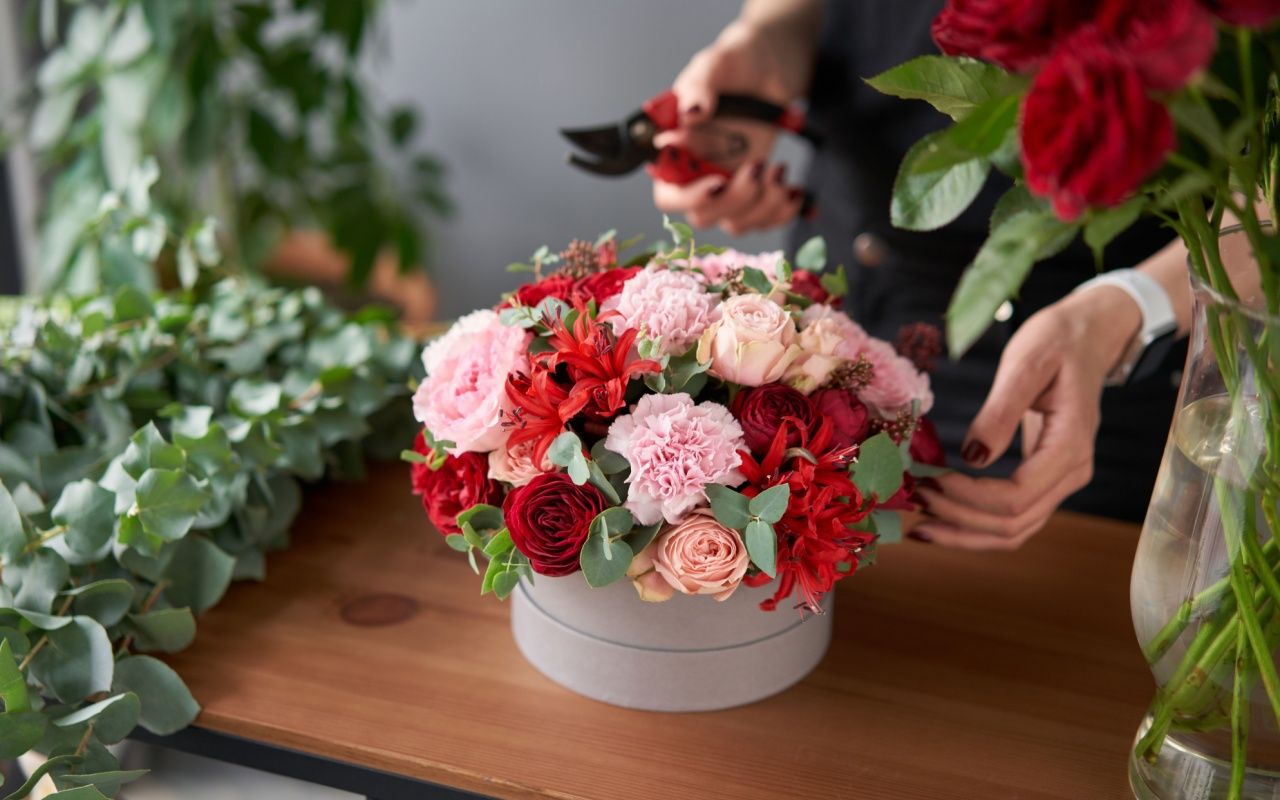
Photo source: Shutterstock.com
Therefore, Dragobete is more than a day dedicated to love; it is a celebration of Romanian values and ancestral traditions. Even in the modern context, this holiday remains an opportunity for Romanians to express their feelings and honor customs passed down from generation to generation. Thus, Dragobete continues to be a symbol of authentic love, nature and the Romanian spirit.
reference
1. Ghinoiu, I. (2003). Romanian Holidays and Customs. Elion Publishing House, Bucharest.
Flower delivery Bucharest with home delivery
Flower delivery Brașov for fresh flowers and fast delivery



